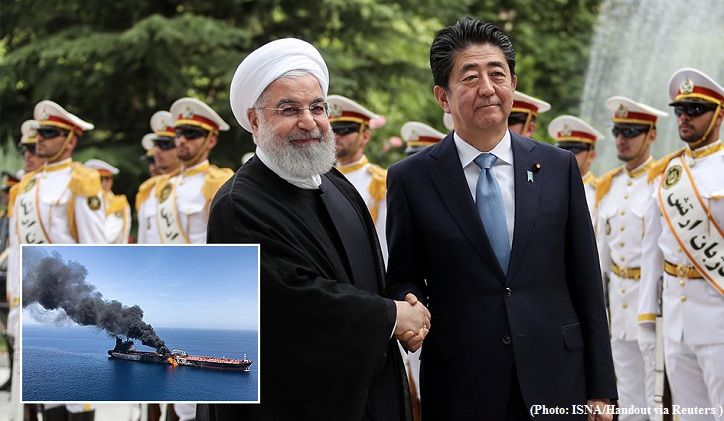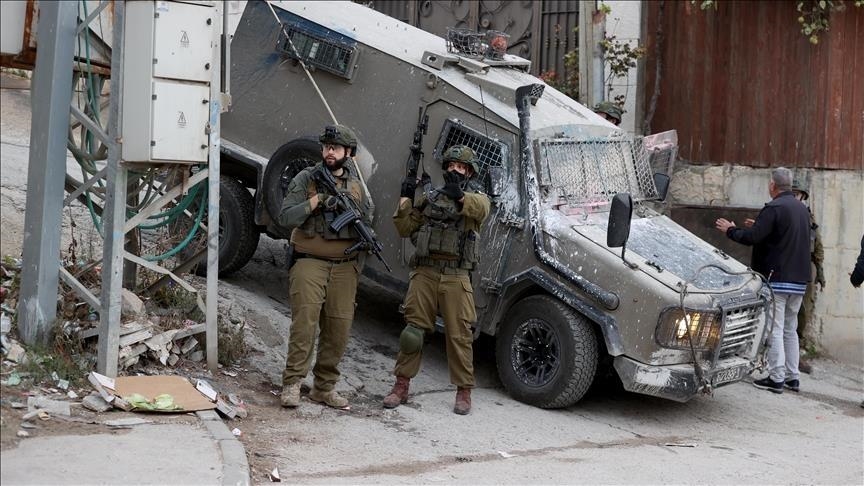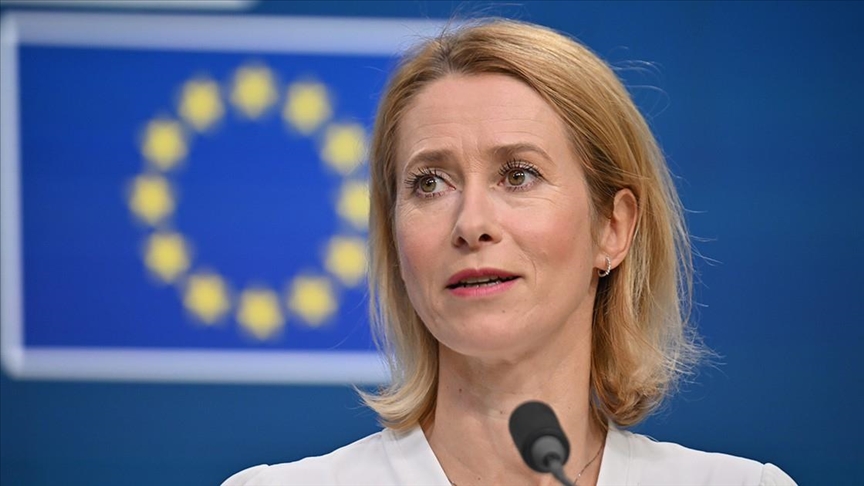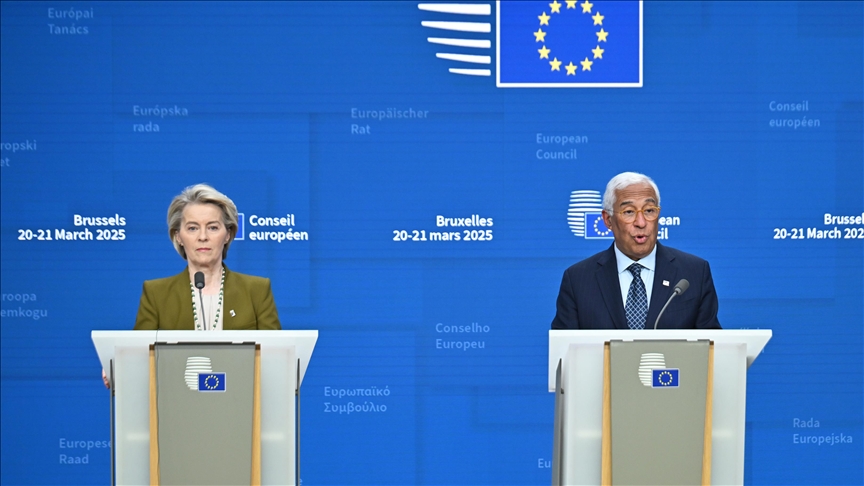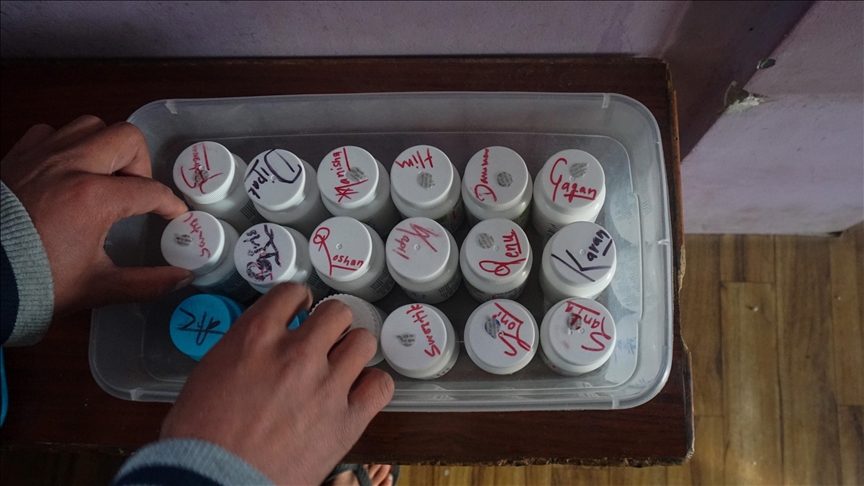While the Japanese prime minister, Shinzo Abe, was preparing for a meeting with the Supreme Leader of the Islamic Republic of Iran, Ayatollah Ali Khamenei, critical news reached him of a new and serious incident in the Gulf of Oman. Two tankers were attacked: the Norwegian ‘Front Altair’, carrying a naphtha cargo from the United Arab Emirates towards Taiwan, and the Japanese vessel ‘Kokuka Courageous’, with a methanol cargo from Saudi Arabia to Singapore for Mitsubishi Gas Chemical.
Japan imports 80% of its energy supplies from the Persian Gulf countries, and the Prime Minister of Japan had just been in Tehran on the first visit since 1978. His mission was meant as a kind of 'mediation' between the US and Iran. The attacks were a continuation of the "war against tankers" launched on May 12 near the Emirate port of Fujairah, when two Saudi tankers, one from the Emirates and one Norwegian, became the target of attacks. Who conducted them, we will probably never know for sure - as is the case with the June 13 incident. While Washington in both cases blames Tehran, the Iranian regime has accused US allies in the region: Saudi Arabia, United Arab Emirates and Israel. The Japanese tanker's owner, does not seem to confirm the American version of the events that the vessel was attacked with mines by the Iranian Revolutionary Guards. Instead he suggested that projectiles were used. Tensions between the both countries have been increasing since May last year when the US withdrew from the so-called JCPOA - an international agreement designed to restrict the nuclear ambitions of the Islamic Republic.
Prime Minister Shinzo Abe will be hosting the next summit of most industrialized countries (G20) in Osaka, 28-29 June, and his visit to Tehran was to prepare Japan the ground for attempts to manage the conflict. Similar eandeavour made by France, Germany and Great Britain, and collectively: the European Union, had failed. There are two main reasons for Tokyo's involvement in such a difficult, not to say hopelessly complicated mediation (the term "mediation" itself is rejected in this context by Tokyo).
First, these are energy interests in the region, as a large part of oil imported by Japan goes through the strategic Strait of Hormuz, while globally, more than 20% of energy resources are transported there. Further escalation and possible war between the US, Saudi Arabia, the Emirates and Iran could lead to a global energy shock like that in the 1970s, and would deal a serious blow to the economy not only of Japan but of the whole of East Asia, including (which is worth noting) China, entangled in a trade and technological conflict with the Donald Trump administration.
Second, it is precisely the US President (or someone from his advisers’ team) who could be a direct or indirect initiator of the extraordinary (because made after 40 years of a ‘pause’) visit of the Prime Minister of Japan in Iran. Consultations on this matter took place between the two leaders by phone just prior to Shinzo Abe's arrival in Tehran, and earlier during President Trump's visit to Japan at the end of May this year. It is a kind of "mission of good offices" possible thanks to a prudent - but at the same time increasingly assertive – Tokyo’s foreign policy. Interestingly, the capital of Japan was visited in the middle of last month - almost right before Trump's visit – by Iran's foreign minister. That visit, however, may also suggest that this is Iran that was the initiator of the Japanese efforts. Anyway, Japan's involvement is a natural part of Prime Minister Shinzo Abe’s foreign policy program called sometimes as "Japan is back". That strategy, however, has its limits, and it is in the case of Iran, the Beijing-Tehran-Moscow partnership, although, frankly speaking, only the Japanese diplomacy can simultaneously talk (even if with a little) chance of success to Tehran and Washington.
Ayatollah Ali Khamenei had officially rejected the ‘negotiation message’ (if there was really any) from President Trump carried by the Prime Minister of Japan, and argued that it is impossible for a "wise and proud nation to negotiate under pressure." That denial is a permanent element of the Iranian diplomacy and results from a "fear of losing face". However, the more important reason for the official rejection of talks with Washington is the feeling that prevails in Iran that a possible new deal - this time with Donald Trump - may end in a failure – similarily to the previous one negotiated with Barack Obama. Tehran closely follows the US President's negotiations with the regime in North Korea, and they also do not seem to give much hope for a success of any new agreement between the US and Iran. However, behind the scenes and closed doors, the Iranian regime is fighting for its own survival as well as that of the country's economy. Though, on the other hand, sanctions also reinforce the nationalism of ordinary Iranians. True, they also increase the widespread dissatisfaction in society. Even the Chinese are not able to free Iran from Donald Trump's iron grip as they are pragmatically limiting their business with Tehran. All the more Moscow will not do that. Thus, the mission of Japan's prime minister Shinzo Abe can not be measured according to official declarations and denials, but according to what will happen between the US and Iran this and next year.
And the last point: who might be behind the attacks on tankers with cargo for Japan, conducted during the visit of the Japanese prime minister in Tehran. The options are essentially two: the Iranian Revolutionary Guards, directly reporting to the Supreme Leader, and probably wishing to literally "torpedo" the Japanese efforts, and with it all hopes for an agreement with America. The second option is that it was done by a different "state actor", strongly interested in the same diplomatic and strategic effect. And there are in the region at least several countries interested in escalating the conflict with Iran. And we should not exclude that possibility either.
(4).jpg)
Written by Dr. Bruno Surdel - an expert at Centre for International Relations Warsaw

